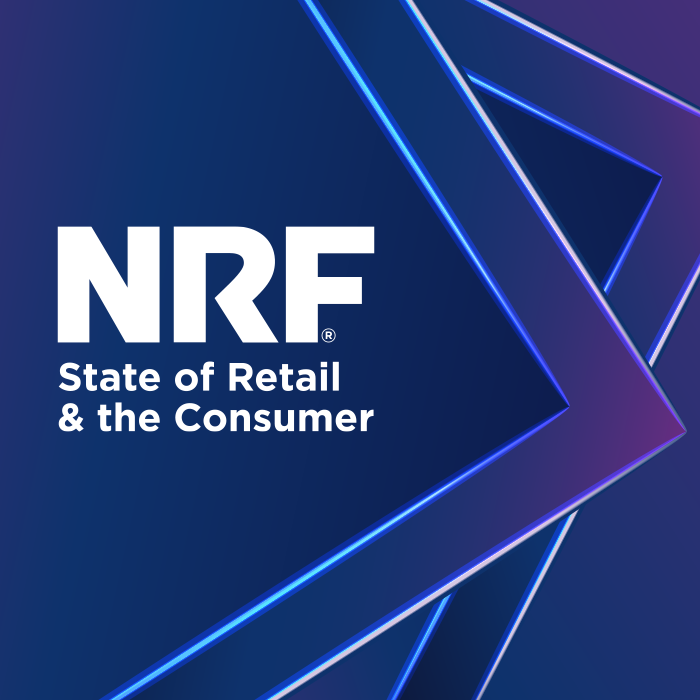Overtime
)
The issue
The Fair Labor Standards Act requires that employees be paid at a rate of one and one-half times their regular pay for every overtime hour worked in a given workweek. However, some employees are exempt from overtime pay requirements for a variety of reasons.
One method by which the Department of Labor defines which employees are exempt and which are nonexempt is via a salary threshold. In 2024, the DOL finalized a new rule raising the salary level. The rule included a two-step increase of the salary threshold. The first step, effective July 1, raised the threshold from $35,568 to $43,888. The second step, effective Jan. 1, 2025, would have increased the salary threshold to $58,656, with further automatic increases every three years beginning July 1, 2027.
Economic analysis of the DOL's proposed overtime regulation
NRF objected to the rule’s changes from the outset. NRF argued that the rule would have curtailed retailers’ ability to offer the most flexible, generous and tailored benefits packages to certain exempt employees. Such workers would have lost the status of a managerial position, valuable educational and training experiences, the capability to travel on the employer’s behalf, and/or flexibility as to when, how and where they work. NRF and other business trade associations sued the Department of Labor in federal court arguing that the rule was inconsistent with multiple federal laws.
In November 2024, a federal judge nullified the DOL’s rule. The resultant decision returned the salary threshold to the previous level set in 2019.
Why it matters to retailers

When the final rule was released in April 2024, the DOL estimated that 3.4 million workers would be affected by its proposed salary threshold; however, an NRF-commissioned analysis of the economic impact found that, if implemented, the new rules would have impacted more than 7.2 million workers. The sweeping regulatory changes, as proposed by the Department, would have forced retailers to reexamine individual compensation packages for millions of workers nationwide.
The ripple effects of the increased minimum salary threshold would have profoundly negative effects on the retail industry and, by extension, the U.S. economy. Furthermore, complying with objectively excessive salary increases would have caused some workers to lose significant employment benefits and risked the retail sector losing future leaders.
NRF advocates for reasonable overtime regulations
The purpose of the minimum salary threshold is to establish a meaningful divide between the minimum earnings of exempt versus nonexempt employees, and the Department is most effective when it analyzes the minimum salary threshold on an as-needed and considered basis. While NRF opposed both the 2024 rule’s excessive increase in the minimum salary threshold and the inclusion of automatic increases, NRF remains committed to ensuring that future changes allow retailers to offer competitive benefit packages.





